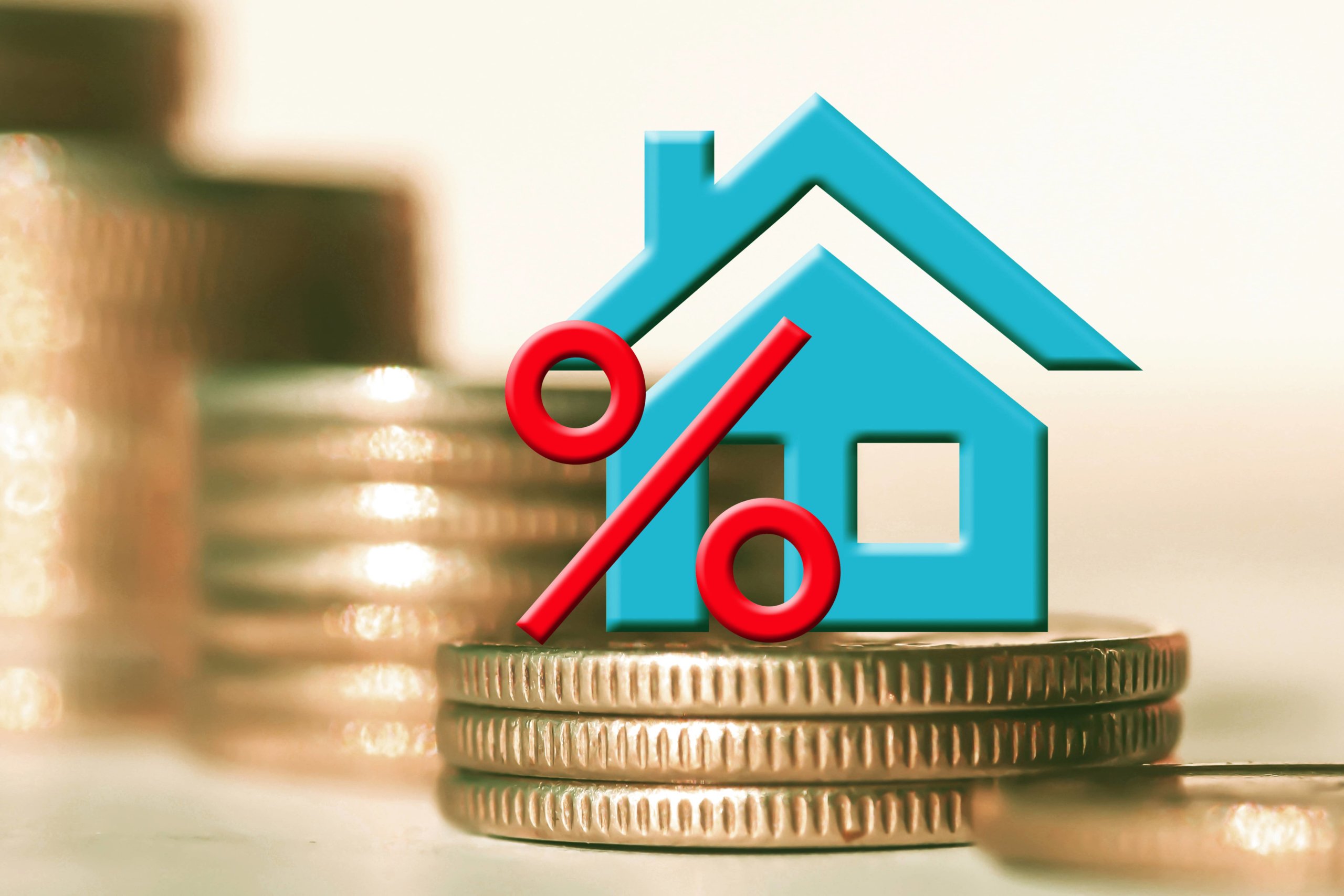The Federal Reserve is expected to impose a series of rate hikes this year. This means higher mortgage rates are on the horizon. There are many factors that are affecting increasing mortgage rates, such as inflation and various world events. During the COVID-19 pandemic, mortgage rates were at historic lows, leading to significant demand for houses. After all, lower rates mean less money paid towards interest. This meant more affordable payments for borrowers.
What do increasing mortgage rates mean for borrowers?
The implication of the predicted mortgage rate increases could mean significantly higher interest payments for borrowers. Those who are financially ready, but still on the fence about buying a home or refinancing, may want to consider moving now to lock in a low fixed rate before we see more increases. If you have an adjustable-rate mortgage loan, keep in mind that it will probably go up.
With increasing mortgage rates, affordability for some may decrease. Locking in a fixed competitive rate can help you secure a more affordable monthly payment and protect you from rising interest rates. Rates can move quickly. In August 2021, we saw 30-year fixed-rate mortgages (FRM) as low as 2.77% and 15-year FRM as low as 2.10%. In April 2022, 30-year FRM was up to 5.11%, and 1-year FRM up to 4.38%. That’s a significant increase and can mean an increase of hundreds of dollars to a monthly payment depending on the total amount borrowed.
Mortgage rate increases are coming on top of a high-demand housing market. That can be a double blow for home buyers. While home prices are expected to continue rising, it should be at a slower pace than in 2021.
Is there still time to refinance your mortgage loan?
With mortgage rates rising so quickly, you may be wondering if it’s too late to refinance and lock in a fixed rate. If rates continue to increase, we may see rates near 6% by the end of the year. If you have a variable-rate mortgage, you may not want to wait any longer. A one percent increase in rate can lead to a much higher payment. Compare rates using Guthrie Community Credit Union’s mortgage loan calculator.
If you haven’t locked in a fixed rate yet, you still have time. As mentioned above, it’s often worth refinancing for 1 percentage point, as this might equal substantial savings on your mortgage payment and overall interest cost. Shop around to find the best lender and rate for your situation. Be sure to add Guthrie Community Credit Union to your mortgage loan comparison. In addition to conventional fixed-rate mortgage loans, Guthrie also offers ARMs, FHA Mortgage Loans, and VA Mortgage Loans.
Keep in mind that the current market rate isn’t the only thing that affects your mortgage rate. The rate you qualify for also depends on other factors, such as your credit score, down payment, debt-to-income (DTI) ratio, loan-to-value ratio (LTV), and proof of income. The rate will also depend on your home equity if refinancing. When comparing lenders, look for the lowest rate, but also be aware of estimated closing costs and any other fees.
With increasing mortgage rates, the time to lock in a fixed mortgage rate is now
In today’s market, a good mortgage rate can look very different from one day to the next. It is very likely mortgage rates will continue to increase throughout 2022. Rising interest rates will not only affect mortgages but the cost of borrowing on everything from car loans to student loans.
Remember, shopping around and comparing lenders is how you can ensure you are getting the best possible deal. Keep in mind that advertised rates are typically for “ideal” borrowers or those with the best credit. That’s why you can’t rely on just the advertised rate, you need to call or visit lenders to compare. Get a quote or loan estimate in writing and don’t be afraid to negotiate. If you have questions about mortgage loans or refinancing, call or visit Guthrie Community Credit Union.

